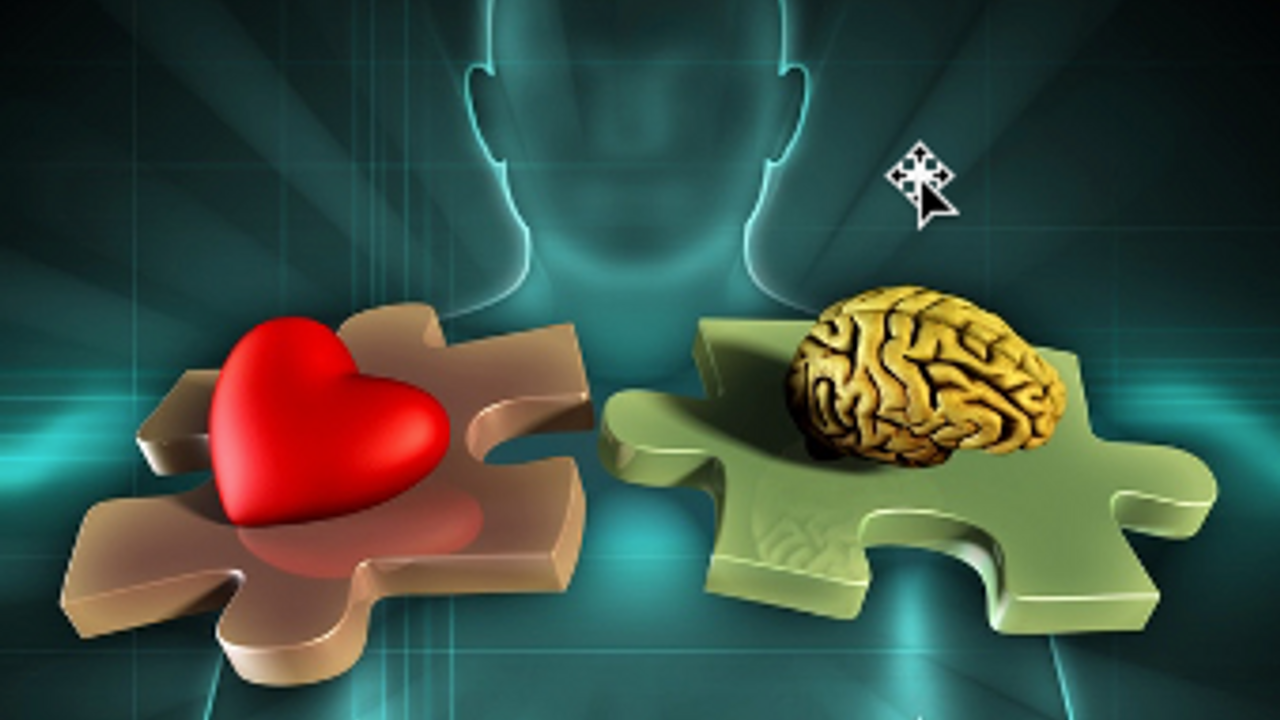
Mind Matters to You
Matter Matters To You
By Robert G. Jerus, EIQ2 EICenter
The brain is responsible for both thoughts and feelings. It is the primary seat for both reason and emotions. Mastering the mind begins with acknowledging that both emotional and logical information needs to be continuously processed, analyzed and acted upon. Success comes through a mind-heart connection. Failing to recognize either feelings or thoughts as valid creates a distorted picture of reality and generates an inadequate, ineffective response to life. Through life, the brain continuously develops and changes. It is transformed by experience, learning, memory and routing of a wide array of information.
These adjustments, collectively termed neuroplasticity, shift chemical and electric patterns as well as the physiology of the brain. 7 Common Brain “Facts” Debunked
- We only use 10% of our brain. Brain scans show we use 100% if our brain – just not all of it all the time. What we don’t use all the time is our potential.
- We’re either left or right brained. This myth began in the 1800s after doctors noticed injury to one side of the brain impacted certain abilities. Brain scans show we use both sides equally for logical and creative mental task.
- We can learn through subliminal messaging. In 1957, messages flashed for 1/3000th of a second during movies were believed to entice people to buy more Coke Cola and popcorn – but the “proof” was made up by a market researcher and has not been scientifically supported. So much for quitting bad habits while you sleep.
- We have 5 senses. In addition to the basics, we learned as kids (sight, hearing, smell, touch, and taste) there are others. For example: hunger, thirst, itch, time, thermo-conception (hot/cold), pain and balance.
- Our minds deteriorate with age. In fact, many mental skills, such as vocabularies and social skills improve with age. As long as we’re alive, we can make new neural connections and strengthen old ones. In other words, old dogs CAN learn new tricks.
- Alcohol kills brain cells. Booze doesn’t kill brain cells, but it can damage the connections between them, impacting how well they send and receive messages.
- Listening to classical music makes you smarter. The “Mozart effect” myth started in the 1990s based on the results of a 36 – person study, which has never been replicated. It too was a brilliant marketing ploy.
Success is a journey rather than a destination. It requires mastery of the mind and continuous programming for success. Since the brain is always changing, habits become ingrained and establish new set neural pathways. ‘Stinking thinking’ occurs when these are counterproductive. When the brain is actively engineered for success, patterns that lead to peak performance and achievement are deliberately established and retained. Winning is an active, continuous choice. Champions intentionally choose excellence. Luck happens as preparation and ability meet opportunities. Thoughts and feelings lead to performance. They also serve as the foundations for relationships and ongoing connection.
Close supportive relationships stimulate positive emotions, neuroplasticity, and learning (in turn, these form a complete cycle that supports relationships). About the Author: Robert “Bob” Jerus, SPHR Bob is the author of Mind Matters: Applying Emotional Intelligence for Personal and Professional Success and the founder of Success Dynamics International, the provider of the EIQ-2™ emotional intelligence learning and performance development systems and emotional intelligence certification. He is a frequent speaker at public and private engagements. Bob has taught business, psychology and adult development at various universities. He has worked as a counselor in marriage and family therapy.
As a consultant, coach and trainer, he has worked with Fortune 500 Organizations and aspiring entrepreneurs. Certification Accredited by: HRCI (Human Resource Certification Institute) {for GPHR, SPHR & PHR); SHRM (Society of Human Resource Management) (for SHRM-CP; SHRM-SCP); ATD (Association for Talent Development) (for CPLP); and ICF (International Coaching Federation) (for ACC, PCC and MCC certification)

